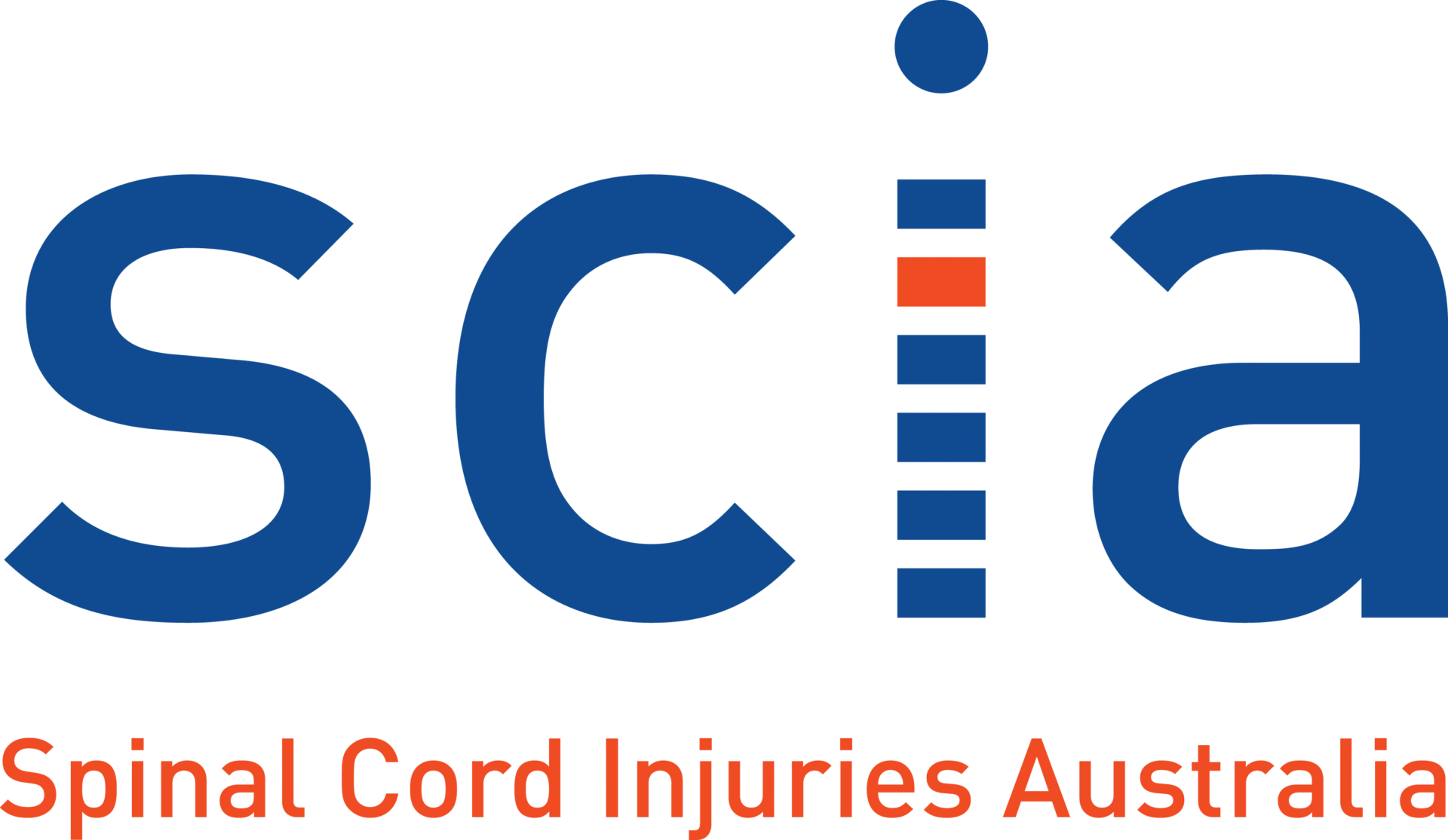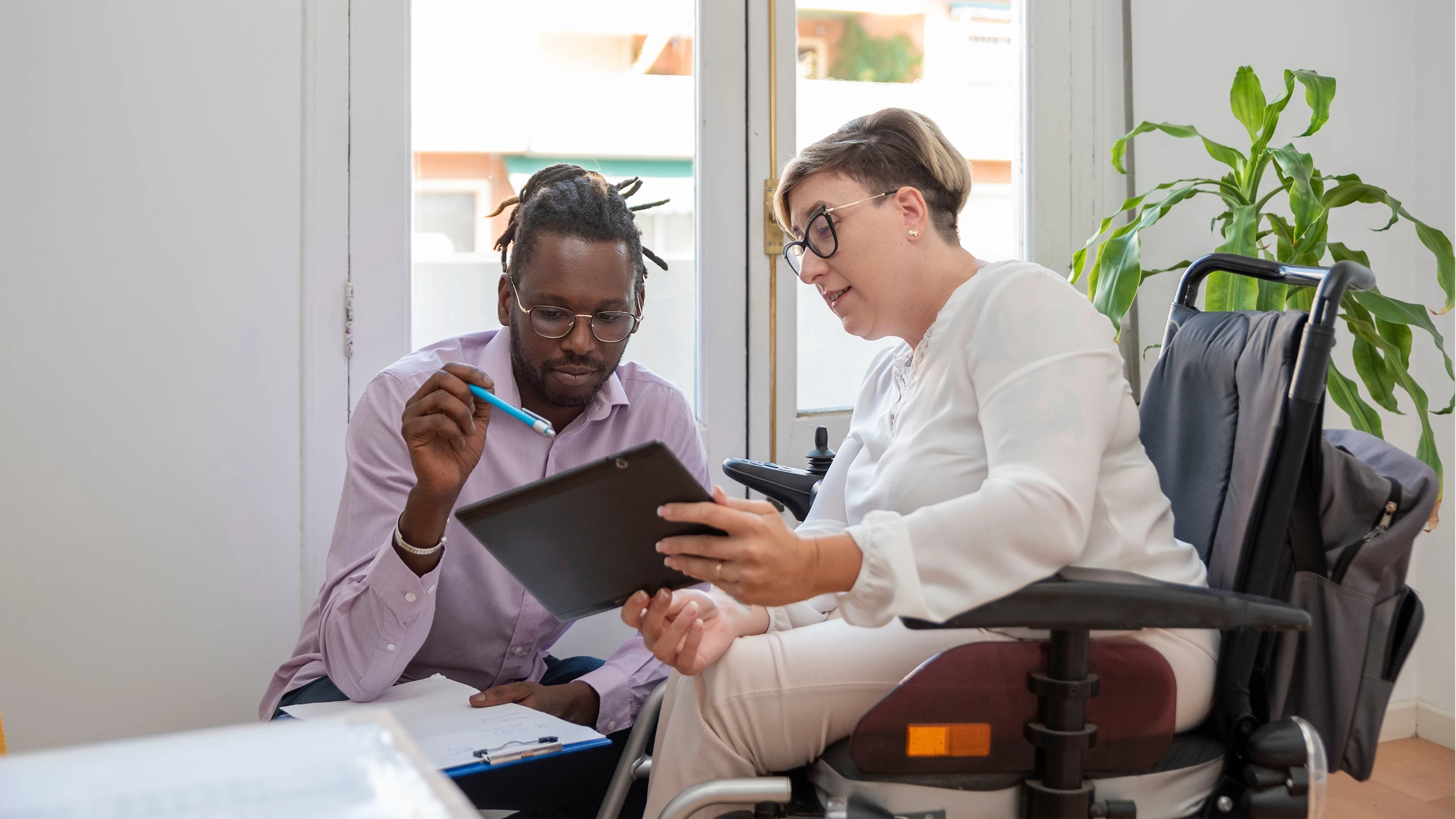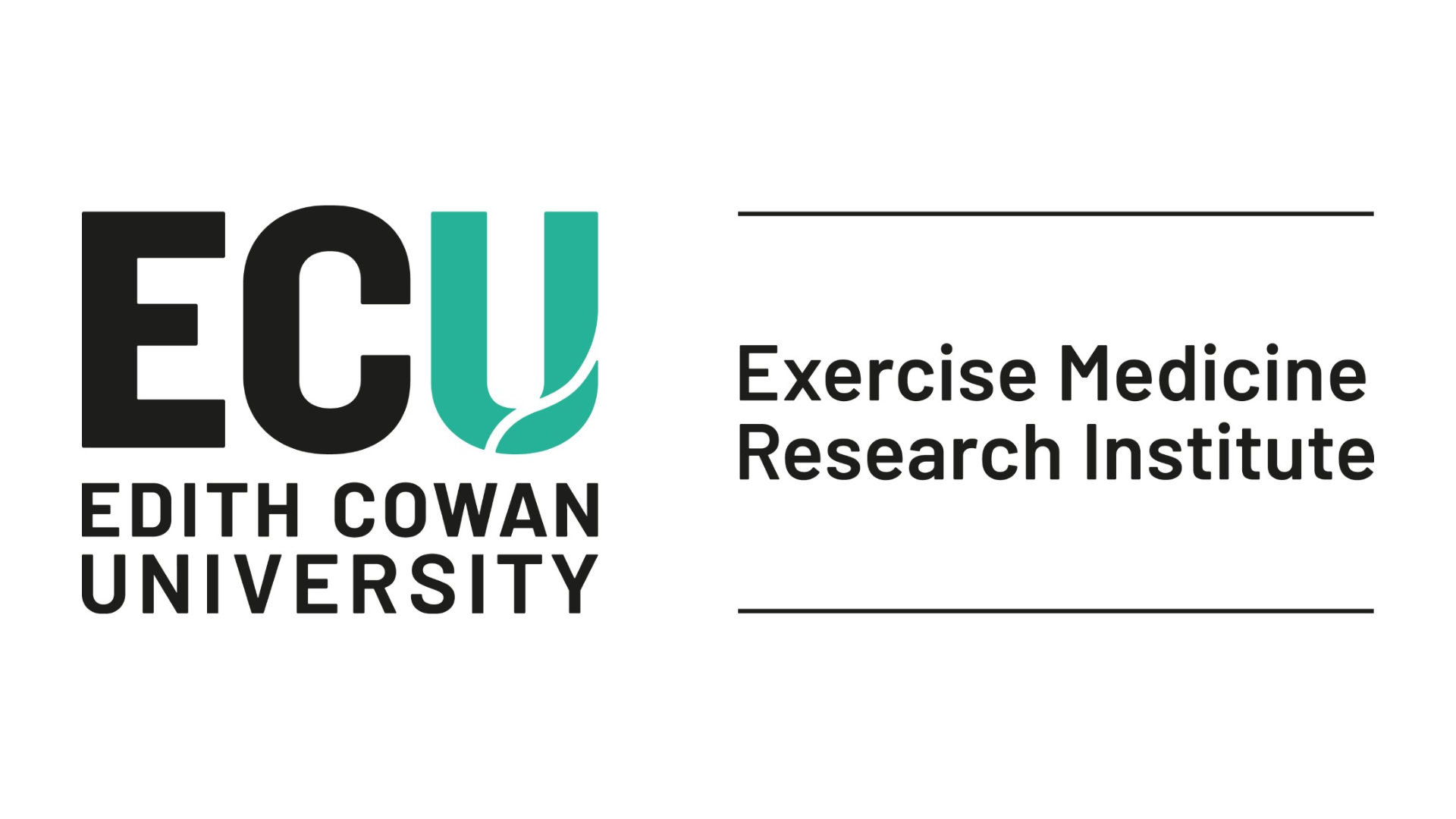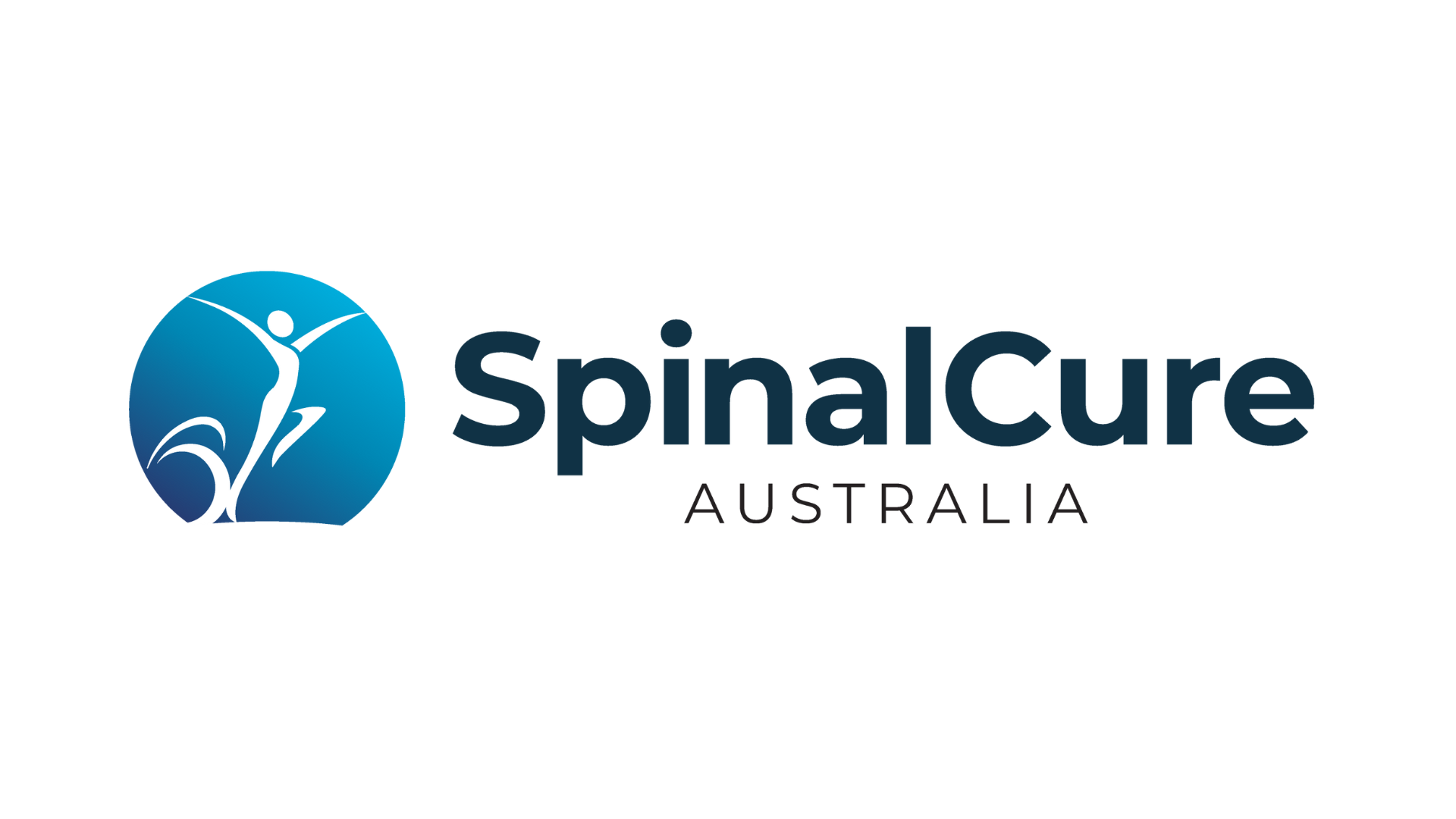Be a Part of the Breakthroughs that save lives
Research Partners
Take Part in Research
We’re regularly looking people with SCI to participate in research studies and trials. Whether it’s sharing your thoughts in a quick survey or diving deeper in an interview, your lived experience gives our work real impact.
Take a look at what we’re currently recruiting for here:
University of Western Sydney would like to gather the experiences of Australia-based individuals on their pain condition from spinal cord injury, their experiences and satisfaction with conventional pain-related pharmaceutical treatment, and their experiences and views on facilitating and limiting factors of accessing and receiving acupuncture for pain management. The result of this survey will help to provide direction towards the design of future interventional studies, while reporting on the current experiences of individuals living with pain associated with SCI to support services. This research is expected to provide recommendations for policy and practice in Australia.
University of Queensland is looking for people living with a spinal cord injury, or supporting someone who is, means navigating unique challenges. But it also means incredible strength and resilience. We want to hear YOUR story about bouncing back and finding new ways forward. We’re inviting people with lived experience of traumatic spinal cord injury, their families and friends, and health and community service providers to share their insights. Your input will directly help us develop better ways to foster resilience and improve support practices!
How You Can Make a Difference:
- Share your unique experiences about life after spinal cord injury.
- Pinpoint key areas where support could be even better.
- Collaborate with others to generate innovative ideas for enhancing resilience.
The University of Adelaide is interested in how you access and use health information to make informed decisions about your healthcare.
Participation involves completing an online survey (~20 minutes) with questions about:
- Your background
- How you access and use health information
- Your confidence in your ability to manage health issues
- Your health needs and quality of life
Previous PHD Scholarships
We’re proud to have supported the following PHD students with their research:


Vanesa Bochkezanian
Edith Cowan University
PhD thesis: view here.
Peer-reviewed papers: BMC Neurology 1, BMC Neurology 2, Med Sci Sports Exerc.

Paul Watson
University of Sydney
Physical Activity in People with Spinal Cord Injury: A Mixed Methods Analysis. The University of Sydney February 2024:
Looking for Support with Research?
Research at SCIA is underpinned by our Research Framework and guided by our Bi-annual Research Plan.
Please take some time to read the Additional Resources below to see if your project aligns.
In the meantime, if you would like SCIA’s Clinical Governance and Research Committee (CGRC) to provide you research support through promotion, support, partnership and funding, please fill out the form here:
"*" indicates required fields






